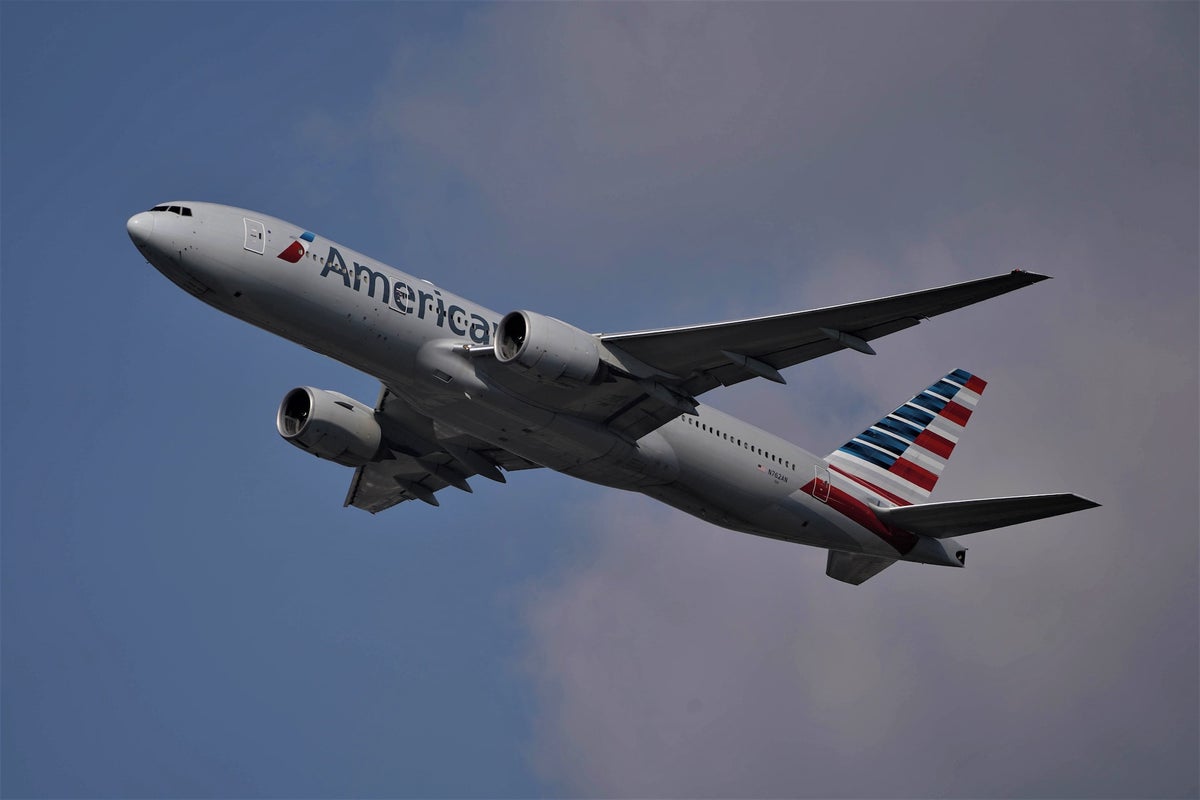Alex Miller
Alex Miller
Founder & CEO
304 Published Articles
Countries Visited: 34U.S. States Visited: 29
Founder and CEO of Upgraded Points, Alex is a leader in the industry and has earned and redeemed millions of points and miles. He frequently discusses the award travel industry with CNBC, Fox Business...
Edited by: Keri Stooksbury
Keri Stooksbury
Editor-in-Chief
74 Published Articles 3709 Edited Articles
Countries Visited: 54U.S. States Visited: 28
Editing with Upgraded Points for over 6 years, as editor-in-chief, Keri manages the editorial calendar and oversees the efforts of the editing team and over 20 content contributors, reviewing thousand...
![American’s Attitudes Towards Vaccine Passports [2021 Survey]](https://upgradedpoints.com/wp-content/uploads/2023/03/upgradedpoints-vaccinepassports-graphic-v5_og_1920x1080.png?auto=webp&disable=upscale&width=1200)






![American Express Green Card — Full Review [2025]](https://upgradedpoints.com/wp-content/uploads/2018/03/American-Express-Green-Card.png?auto=webp&disable=upscale&width=1200)
![Blue from American Express® — Full Review [2025]](https://upgradedpoints.com/wp-content/uploads/2018/02/Blue-From-American-Express.png?auto=webp&disable=upscale&width=1200)
![American Express Gold Card — Full Review [2025]](https://upgradedpoints.com/wp-content/uploads/2024/05/american-express-gold-card-white-gold.jpg?auto=webp&disable=upscale&width=1200)